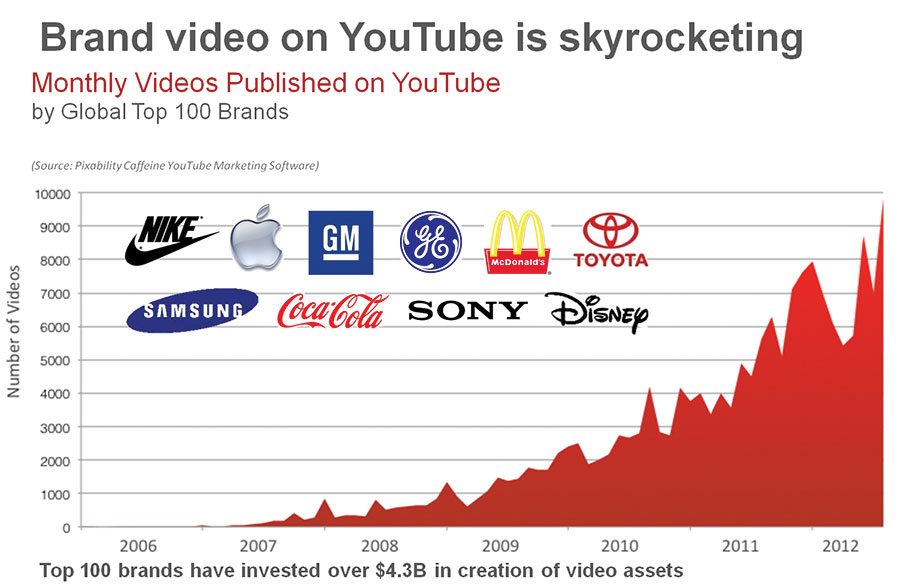I was forwarded this article from Keith Weed, Chief Marketing & Communications Officer of Unilever, who talks about his “top 3 takeaways from Advertising Week NY 2017.” Yes, it’s 2017, and his top 3 takeaways were:
- Why diversity is so much more than a buzzword
- It might finally, actually, be the year of video
- The very unsexy topic of measurement has become a hot conversation
Weed is at the pinnacle of client-side advertising (Unilever is arguably one of the global leaders in the CPG business with brands such as Dove, Axe, Lipton, and more and spends $8 billion a year on advertising), and he’s just now coming to these realizations?
Diversity in advertising is not a new issue. In fact, the CEO of WPP – Unilever’s primary ad agency and business partner in new marketing endevors – talked about the importance of this issue in a 2011 Ad Age article. More than a year ago (March 2016) the issue was a big topic once again after WPP’s J. Walter Thompson (JWT) CEO, Gustavo Martinez resigned after being accused of racist and sexist behavior. Unilever and JWT have worked together since 1902! Only now does Weed say, “It’s time to leave our logos at the door and together, fight to make diversity a reality.” C’mon, seriously?
Finally the year of video? YouTube introduced ads to their platform a decade ago. The chart to the right is nearly 5 years old, showing that by the end of 2012, the global top 100 brands weren’t just advertising on YouTube, but had already invested more than $4.3 billion in creating their own YouTube content. By the end of 2013, that number was $5.1 billion.
It wasn’t until Weed saw that 50% of Gen Z said they can’t live without YouTube to finally get on the cluetrain?
Finally, “measurement has become a hot topic of conversation…” I’d argue advertising measurement has been a hot topic for decades (if not centuries). However, it did heat up quite a bit in 2013, when Google introduced cross-device conversion tracking for advertisers. This allowed even mom & pop businesses advertising on Adwords to track conversions and effectiveness of their digital ads. Prior to that larger companies (like Unilever and WPP) had been using cookies, pixel tracking and other tools to track conversions for years. I’m not sure I’d agree that this has “become an increasing focus of conversation over recent months and certainly this past week.”
I’m not a Chief Marketing Officer, I simply have an interest in the digital marketing space. Seeing some of the recent moves by Unilever, I can only assume Weed’s thinking and sophistication in these topics goes well beyond this short, simple article. However, it’s a reminder to me that it’s important for others to understand the history and context behind emerging media topics.

No responses yet